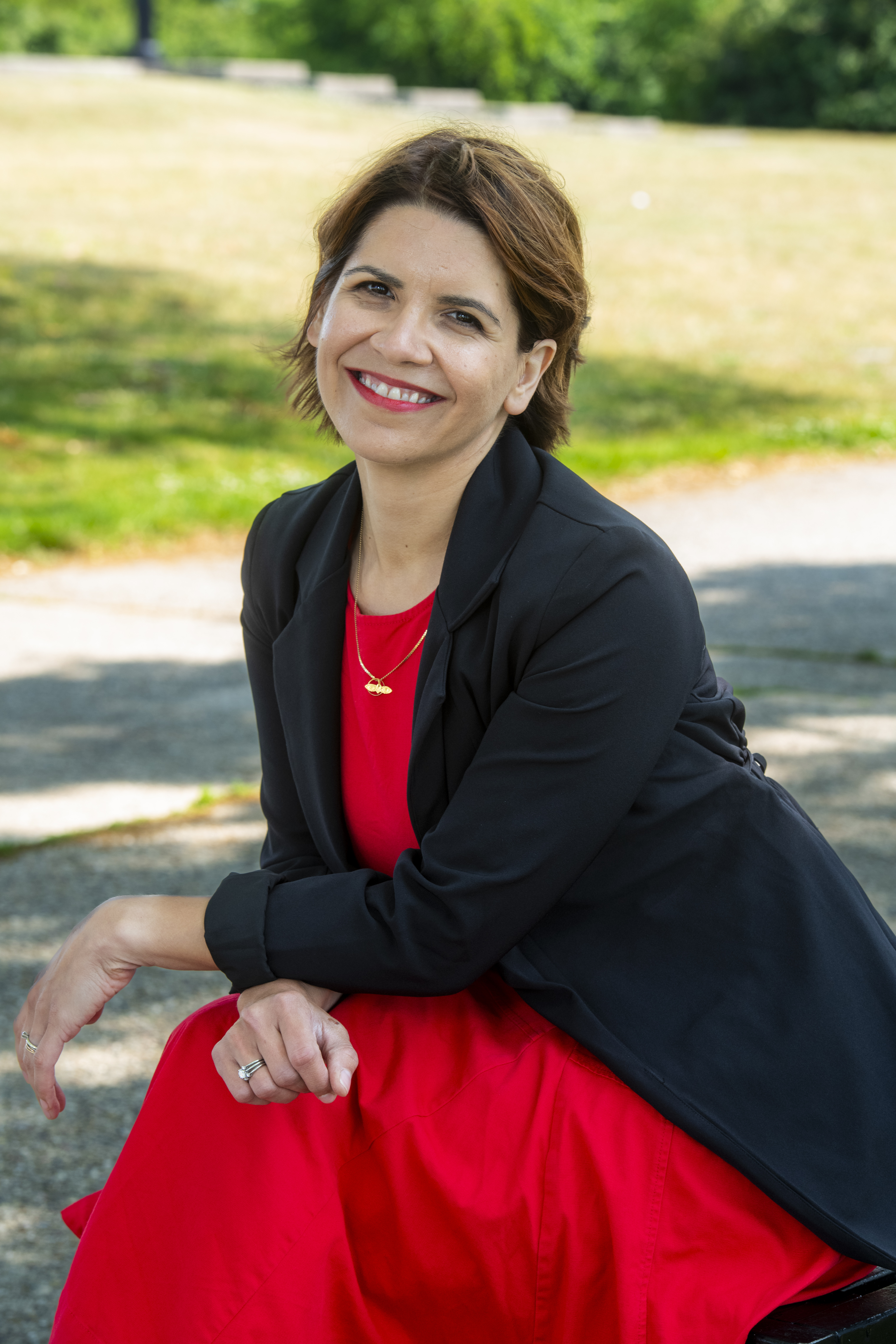SILOS Project Uses Simulation Models to Understand Structural Drivers of HIV and Substance Use
 The National Institutes of Health recently funded the five-year, $3.8 million SILOS Project, which will conduct innovative observational research in five cities across the United States to better understand the social contexts that drive HIV and substance use.
The National Institutes of Health recently funded the five-year, $3.8 million SILOS Project, which will conduct innovative observational research in five cities across the United States to better understand the social contexts that drive HIV and substance use.
SILOS: Structural Inequities across Layers Of Social-Context as Drivers of HIV and Substance Use, or SILOS, is led by principal investigator Michelle Birkett, PhD, associate professor of medical social sciences and preventative medicine at Northwestern University Feinberg School of Medicine. Birkett is also a core faculty member at the Institute for Sexual and Gender Minority Health and Wellbeing (ISGMH), where she directs the CONNECT Program.
"This work is innovative in its emphasis on both sophisticated computational modeling and a robust community engagement plan," said Birkett.
Through in-depth, remote surveys of 2,700 racially diverse young men who have sex with men, the Northwestern team will examine how an individual’s social position determines the people and places they have access to, how supportive or risky these social and contextual environments are, and how these connections might pool risk and provide fewer resources to those with marginalized and multiple marginalized identities.
“While we generally understand that health is socially determined, we still lack an understanding of the specific pathways through which social and structural forces shape individual health. This project will allow us an unprecedented opportunity to examine how identity and social position shape an individual’s access to opportunity and their exposure to risk,” said Birkett.
The project will use simulation models to understand population-level differences in interactions between marginalized individuals, particularly multiple marginalized individuals, and how these differences impact both substance use and the spread of HIV. These models accurately replicate population dynamics by simulating the movement and interaction of millions of individuals, which allows researchers to understand the underlying dynamics of disease transmission and identify potential targets for intervention. By utilizing simulation and network modeling, the team will examine how structural inequities across social contexts account for disparities in HIV.
The work isn’t all computational, however. The project has a robust plan for community engagement and will build community advisory boards across each of the project’s five cities.
The project’s unique emphasis on both sophisticated computational approaches and the integration of community voices will help produce tangible targets for public health intervention as well as transform the scientific understanding of the social and structural drivers of health.
“This is a unique project which is only made possible through the interdisciplinary team of investigators and community members we are bringing together,” according to Birkett.
The project's Modeling, Analysis, and Prediction Core is led by co-investigator Patrick Janulis and supported by Jonathan Ozik of Argonne/University of Chicago and Kathryn Risher of Penn State University.
The Community Engagement Core is co-led by co-investigator Liz McConnell of Palo Alto and Darnell Motley of the University of Chicago. It is further supported by former community advisory board Members Alonzo Brown, Pedro Serrano, Meghan Williams, Daniel Mendez, and Joel Jackson.
Also included on the project are Feinberg co-investigators Kiarri Kershaw and Gregory Phillips II.
This research was supported by the National Institute of Drug Abuse of the National Institutes of Health under award number R01DA061247. The content is solely the responsibility of the authors and does not necessarily represent the official views of the National Institutes of Health.